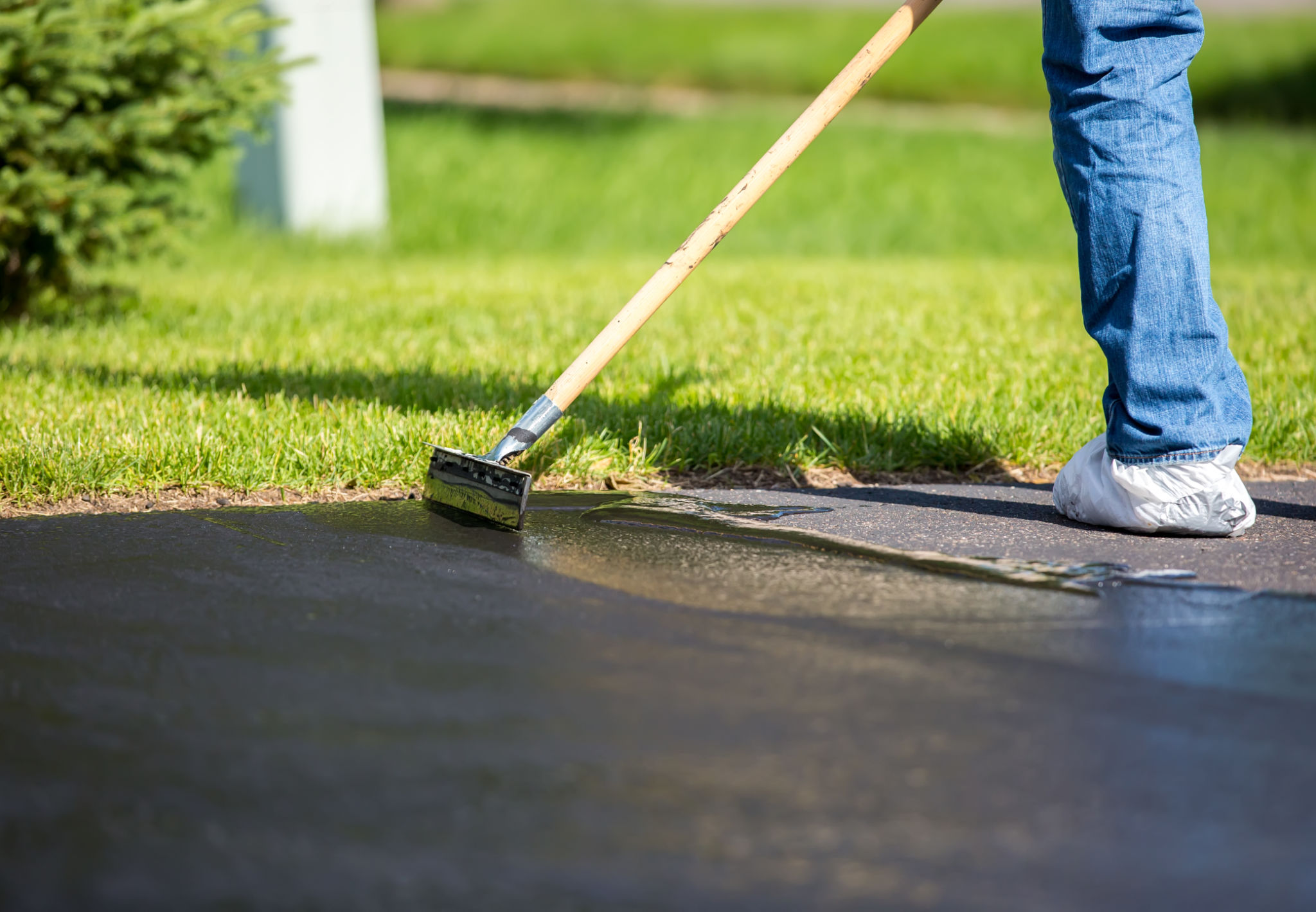Comparing Concrete and Asphalt: Which is Better for Your Driveway?
Introduction to Concrete and Asphalt Driveways
When it comes to choosing the right material for your driveway, concrete and asphalt are two of the most popular options. Each has its own set of advantages and disadvantages, making the decision not as straightforward as it might seem. Understanding the key differences between these materials can help you make an informed choice that best suits your needs.

Durability and Longevity
One of the primary concerns for any homeowner is how long their driveway will last. Concrete driveways are known for their durability and can last up to 30 years or more with proper maintenance. They are resistant to heavy loads and can withstand a wide range of weather conditions.
In contrast, asphalt driveways typically have a lifespan of about 20 years. While they may not last as long as concrete, asphalt driveways are easier and cheaper to repair. Routine maintenance like sealing can extend their lifespan significantly.
Cost Considerations
The initial cost of installing a driveway can vary significantly between concrete and asphalt. Asphalt is generally less expensive to install, offering an attractive option for budget-conscious homeowners. However, it may require more frequent maintenance over time.
Concrete, on the other hand, has a higher initial cost but often requires less maintenance. This can make it a more cost-effective choice in the long run, especially if longevity is a priority for you.

Climate Suitability
The climate in which you live can greatly impact your decision between concrete and asphalt. Asphalt tends to soften in extremely hot temperatures, which can lead to deformation if your driveway experiences heavy use during these times.
Conversely, concrete is not as flexible and can crack in cold climates due to freeze-thaw cycles. However, modern solutions like air-entrained concrete have improved its performance in colder environments.
Maintenance Needs
Both concrete and asphalt driveways require maintenance to ensure their longevity. Asphalt driveways need to be sealed every few years to protect against moisture and UV damage. This regular maintenance helps keep them looking new and extends their lifespan.
Concrete driveways require less frequent sealing but may need occasional repairs if cracks develop. Stains can also be more visible on concrete, so cleaning may be necessary to maintain its appearance.

Aesthetic Preferences
The aesthetic appeal of your driveway is also an important consideration. Concrete offers a wide range of design options, including various colors and finishes, allowing homeowners to customize their driveway to match their home’s exterior.
Asphalt generally has a uniform black appearance which may not offer as much versatility in terms of design. However, its simple look can complement a variety of architectural styles.
Conclusion: Making the Right Choice
Ultimately, the decision between concrete and asphalt comes down to personal preference and specific needs. If upfront cost and ease of repair are your main concerns, asphalt may be the better choice. For those prioritizing durability and aesthetics, concrete could be the ideal option.
By considering factors such as longevity, cost, climate suitability, maintenance, and aesthetics, you can select the material that will provide the best results for your driveway.
